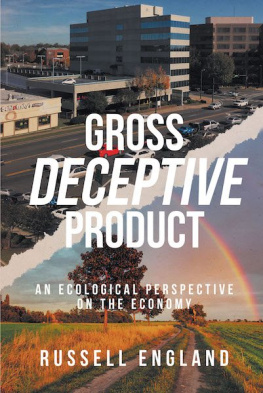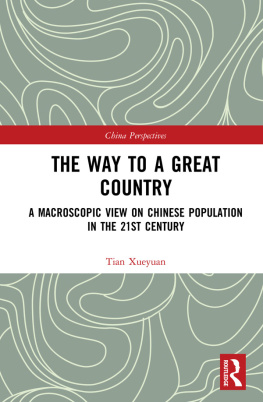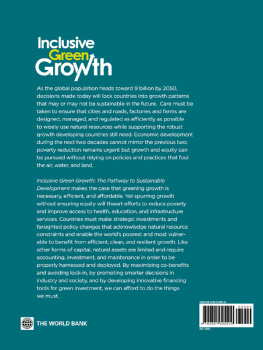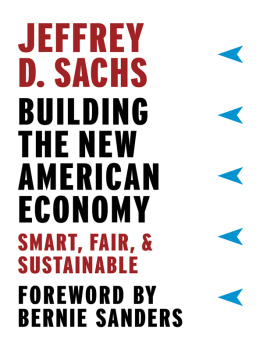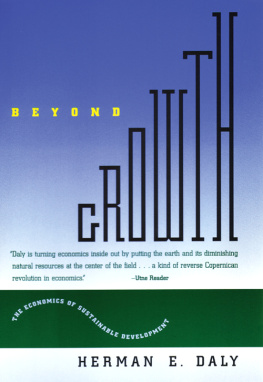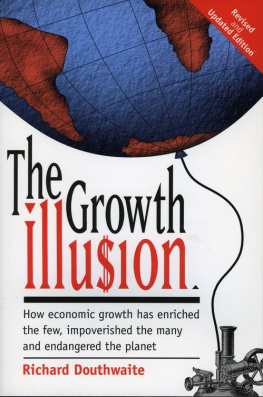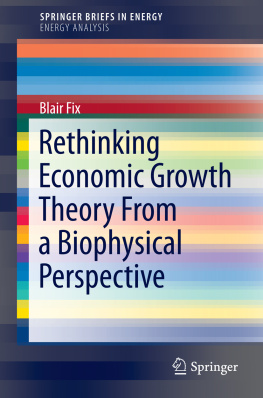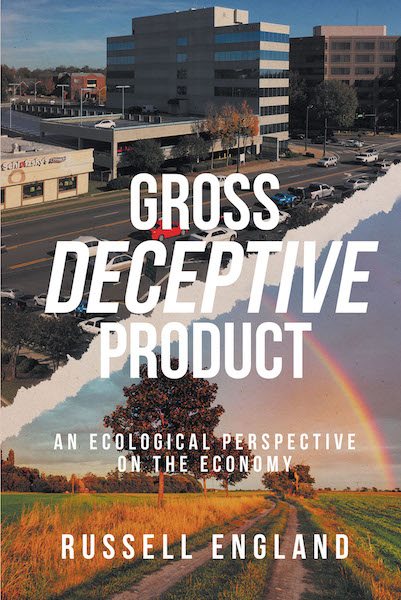Gross Deceptive Product
An ecological perspective on the economy
Russell England
ISBN 978-1-64003-789-2 (Paperback)
ISBN 978-1-64003-790-8 (Digital)
Copyright 2018 Russell England
All rights reserved
First Edition
All rights reserved. No part of this publication may be reproduced, distributed, or transmitted in any form or by any means, including photocopying, recording, or other electronic or mechanical methods without the prior written permission of the publisher. For permission requests, solicit the publisher via the address below.
Covenant Books, Inc.
11661 Hwy 707
Murrells Inlet, SC 29576
www.covenantbooks.com
Contents
Acknowledgments
My interest in elucidating the conflicts between economic growth and ecosystem issues stemmed primarily from my efforts as a fisheries biologist to protect aquatic systems from the smothering effects of soil erosion. Gradually over the course of a thirty-year career, I came to the conclusion that economic growth is not only the major threat to the worlds ecosystems but it is, for many reasons, unsustainable in its own right. I am grateful to many co-workers and friends who gave me feedback and encouraged me to refine my ideas.
I owe thanks to various editors of the Gainesville Times and the Atlanta Journal/Constitution for publishing my opinion columns as guest editorials over several years. I am thankful for the many positive comments I received from the public as a result of those articles, which further encouraged me to express my views and to eventually consider putting my opinions in book form.
I owe special thanks to Lawrence E. McSwain, a former co-worker and biologist friend, who graciously reviewed my draft manuscript and offered detailed constructive criticism. Charles Salter, retired outdoor page writer for the Atlanta Journal/Constitution also reviewed the manuscript and made helpful comments.
Finally, I wish to thank my wife Pat for making suggestions about content and for offering encouragement along the way.
Tail Tale
I give you the case of Sir Oliver Sneeze
Who ruled a kingdom of a thousand fleas.
His kingdom encompassed an old Airedale,
Stretching from nose to tip of tail.
And high on the tail from a throne of hair
Good King Oliver ruled with flair.
But the wag of the tail created a breeze
That became intolerable for the ruling fleas.
This did not bother King Oliver, you see.
He solved the problem by simple decree.
His command was entered in the royal log:
Henceforth the tail shall wag the dog
The end of the tale? No, theres more to it.
The incredible thingthe dog let him do it!
Russell England
c. 1980
Introduction
I recently stayed overnight in a motel room in a town in central Kentucky, where I picked up a magazine billed as a guide for newcomers and visitors. It was interesting reading, and I suspect it is fairly representative of many other chamber of commercetype publications produced around the country that are designed to promote economic growth in local areas.
The first page of text has the headline Welcome to one of Americas best small towns. Listed among the attributes of this town is a vibrant business community supported by the active 275 member strong [town name] chamber of commerce and the economic development arm of the city government. The community has received numerous awards and recognitions from national and international publications, including being named one of Americas Best Small Towns for several years.
The welcome page goes on to say that the city has a stable infrastructure and that local government works to improve services and sustain an unmatched quality of life, while keeping cost of living low and economic growth sustainable. The city has single- and multi-family housing and commercial development available as well as a strong industrial community that provides employment across the region.
I will include additional quotes from this small town magazine that are relevant to the topic of this book. For example, the construction of an interstate highway in the 1960s brought more growth and opportunity and the town is billed as a popular tourism stop as well as a place for new residents to find a welcoming home.
The county this town is in is one of the fastest growing areas in the state, but it takes great pride in its small town atmosphere. The business community is the vibrant and growing key to maintaining the city as a wonderful place to live. The chamber of commerce works tirelessly to advance business and promotes the town as a place to live and work.
In addition to the more conventional ways of luring industry and other big business, the citys economic development office is charged with not only recruiting and assisting new businesses and industries..., but also helping existing business improve and expand. The towns economy is already supported by more than 3,500 industrial jobs.
To make more room for industrial growth, the city and its industrial development authority expanded in 1996, purchasing 474 more acres. A new middle school has opened on fifty acres of the property and other industries are being recruited to settle on the rest.
Now let me take the liberty of putting my own take on the message being advanced in the publication I just quoted from. My take on the publication comes from an ecological perspective rather than an economic one, but hopefully the reader will also recognize a good dose of common sense.
The town considers itself small and uses that notion in an attempt to make itself attractive to people who might be lured to visit or live there. And why would this town want to attract more people? Apparently, so it can grow to become a larger town. And it seems logical to ask how large does this town want to be? This question is not answered directly, but considering all the expense and effort aimed at attracting new industry and people and the fact that the towns governing body is working hard to make economic growth sustainable, one could logically conclude that the town really wants to keep growing forever, or at least until it becomes a large city. But many large cities also spend a lot of money trying to lure more growth, so I suspect the characterization that the town wants to grow forever is the most accurate.
Of course, the larger the town becomes, the less credible will be its claim to being attractive because it is a small town, so at some point it will have to come up with a different marketing ploy to sell itself. The magazine does not directly say that the town wants to grow in population, merely that it wants economic growth. But how can it not grow in population if it invites newcomers to live there and begs new industries to bring in new jobs? New jobs are not filled exclusively by people already living in the area; in fact, new jobs are often filled primarily by people moving in from outside who are more likely to already have the skills needed by the new industry. It seems clear that those who want economic growth recognize that population growth is a main driver of economic growth and is therefore very desirable from their point of view.
So what is the towns goal? It would appear that the goal is simply growth, with no thought given to what an optimum population density or economic condition might look like. This growth goal is not unique to this particular small town, but is ubiquitous throughout the nation among towns, cities, and even rural areas, regardless of the current population density or strength of the resource base. The city of Atlanta, with its extreme traffic congestion and insecure water source for its current population is a good example of the growth goal mind-set. It was recently reported in the local paper that the Atlanta chamber of commerce is spending $20 million to encourage millennials to move to the area.

